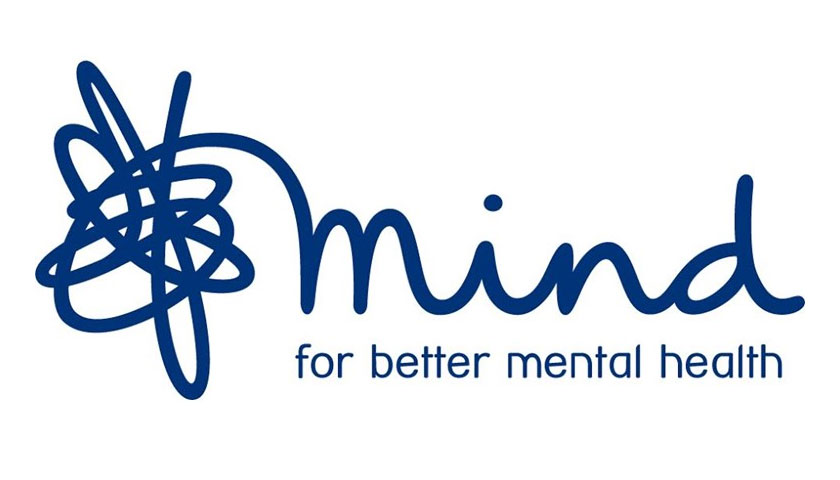New research from the Co-op, in partnership with Mind, SAMH (Scottish Association for Mental Health) and Inspire, reveals that 10.6 million Brits (just under fifth of the population) describe their current mental wellbeing as poor2, rising to almost three in ten (28%) amongst 16 to 24 year olds.
The study reveals the impact the pandemic has had on the nation’s mental wellbeing. Almost a quarter (24%) of respondents said they became more isolated from their community during the pandemic, resulting in a decline in mental wellbeing for almost two-thirds (61%) of those feeling isolated.
Over a third of people (37%) agreed they didn’t have the support or tools to deal with the ‘ups and downs of life’ such as stress, pressure or difficult circumstances. 4 in 5 (81%) of these said support in the community such as having spaces to talk, activities and services would help them.
The in-depth research, a combination of qualitative conversation and a survey of 4,500 people, highlights the vital role of community in promoting good mental wellbeing. The Co-op, alongside Mind, SAMH and Inspire are calling on governments across the UK to recognise the importance of community resilience in post-pandemic recovery policy making, and beyond.
Rebecca Birkbeck, Director of Community and Shared Value at the Co-op, said: “Findings of our research confirm that communities have a key role to play in providing good mental wellbeing, with networks of people and hubs creating strong community resilience, which in turn creates the conditions where both individuals and communities can prosper.
“The pandemic has shown us how important it is for us all to stay connected. More people having an active role in their community, means that more support networks become available to those who need them most. Whether it be small acts of kindness towards other people, or volunteering in your community, helping others can go a long way in improving your own mental wellbeing.
“In response to the findings and as part of our vison of Co-operating for Fairer World, we’re really pleased to be working with our partners Mind, SAMH and Inspire, to introduce new community-based services in over 50 local communities to support over 10,000 people across the UK.”
The Co-op is fundraising £8m for its partnership with Mind, SAMH and Inspire to bring communities together to improve mental wellbeing and has so far raised £6m. The research is being used to inform the partnership activity including the introduction of new mental wellbeing services in over 50 local communities across the UK that will help at least 10,000 people. These services will focus on the role of the community in supporting mental wellbeing, and build resilience by helping people to make new social connections and learn coping skills.
Data from Co-op’s Community Wellbeing Index (CWI) helped inform the partnership services, identifying locations where there are high levels of mental health need. The CWI gives an insight into strengths and challenges for communities, enabling better decision making at a local level which is tailored to the individual community.
Paul Farmer, Chief Executive of Mind, said: “The coronavirus pandemic has had a huge impact on all of us, especially those of us living with a mental health problem. This research highlights the role of community in supporting people and their mental health at this critical time. From being able to spend time in parks and green spaces to being in touch with a community mutual aid group, or simply checking in on neighbours from a safe distance, we know that connections between people and places matter when looking after our mental health.
“We’re thrilled that our partnership with Co-op will deliver new mental health services to respond to the growing need for mental health support in communities, but we can’t do this alone. As we learn to live with the pandemic and its aftermath, the value of our communities in supporting the mental health and wellbeing of the whole country, needs to be recognised.”
Billy Watson, Chief Executive of SAMH, said: “We are currently living through some of the most difficult times any of us have ever faced, and as this research shows, the important role our local communities play has never been more crucial in protecting our mental health and helping our mental wellbeing flourish.
“At SAMH, we’re proud to be working in partnership with Co-op to deliver services into the heart of Scottish communities. Together, alongside our friends at Mind and Inspire, we’ll be using this research to help shape the support we provide across the country.”
Inspire CEO, Kerry Anthony MBE said: “Inspire is delighted to launch this new research alongside Mind, SAMH and Co-op. This is an important part of our partnership’s approach to improving wellbeing and empowering the communities in which we work. We’ve always believed that community networks and supports are key to the society we’re building and to keeping ourselves and others mentally well. It is encouraging to see so much evidence of this in the report.”
Haleem Clift, 20 from Somerset, said: “During school, my mental health prevented me from getting involved in school plays, clubs and activities. I was worried doing so without the right level of support and understanding would negatively impact my mental health. I ended up dropping an A-level as a result.
“Now I’m older and doing lots of volunteering in the community I’m aware of some great initiatives, but they’re hard to find. I had to do a lot of digging. When I first went to my GP they didn’t give me a list places in the community which could offer support – but that would have really helped. If community mental health support was available in college I might have been able to do that A level, and at school I could have taken part in those plays.”
The in-depth conversation-based research was conducted in four areas of the UK – Bilston (England), Haverfordwest (Wales), Yoker (Scotland) and Portadown (Northern Ireland), that have higher than expected wellbeing when compared to typical risk factors, to understand what drives mentally resilient communities.
The research found four key themes in common across all the communities including: a strong network of community hubs and voluntary sector organisations; open environments to talk about mental health and wellbeing; opportunities to actively participate and make connections in communities; and a sense of community identity and belonging.
Another recent study from the Co-op, the Ghosted Generation, looking at the attitudes, life chances and aspirations of young people, aged 10 to 25 years old, also found that two-fifths (41%) of them see mental health problems as their biggest challenge.
You can read more in our research summary or by visiting https://www.co-operative.coop/campaigning/mental-wellbeing


